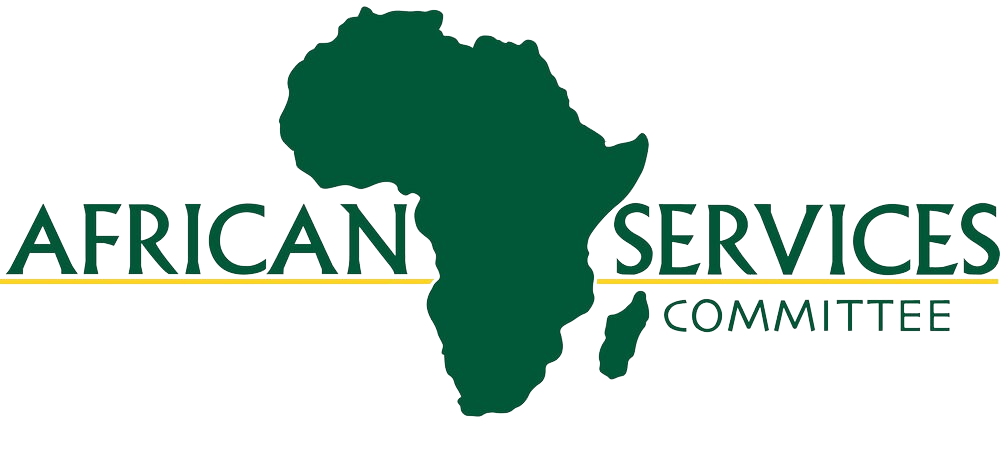COMMUNICATIONS
Committee Coverage.
BRIDGING A DIGITAL DIVIDE
Students Enroll in ESOL Computer Literacy Classes at African Services Committee
In the Mermoz neighborhood of Dakar, Senegal, Aissatou Gueye worked in a hair salon. A friend of hers referred her to African Services Committee (ASC) after she immigrated to the United States, where she enrolled in the agency’s free, online English as a Second or Foreign Language (ESOL) computer literacy classes for beginners. The ESOL program enables immigrants, refugees, and asylees to develop the language and computer literacy skills they need to interact, engage, and build opportunity for themselves and their families. Classes are open to any adult with beginner level English, and students convene online in the evenings for two hours, twice a week for eight weeks.
Students like Gueye also have the opportunity for one-on-one mentoring during office hours with Maryellen Novak, Adult Literacy Coordinator at ASC.
“During the course, students are introduced to exciting technology that will help prepare them for future ESOL online studies,” Novak said. “Using worksheets, articles, assignments, and teacher presentations, students learn how to use both a Google Chromebook and apps to suit their personal learning styles. The course is conducted online using Zoom. Lessons and recordings of most classes are shared with the students via a Google shared drive. In addition, I set aside up to four hours every week to meet with students in-person at the ASC office. This is a great opportunity for students to review and practice lessons at their own pace.”
Novak, with the volunteer support of Russell Bohner, designed and implemented a curriculum that includes 1) understanding how to use and personalize a Google Chromebook; 2) searching, downloadinging, installing, and using applications on a Google Chromebook; 3) creating, saving, and retrieving documents and files using the cloud; 4) creating events/appointments and inviting people to meetings using Google calendar; 5) conducting research online; and 6) accessing popular social media platforms.
“Every new skill is a terrific win — both as a tech advantage and as a process to enhance confidence.”
In the time since ASC’s ESOL computer literacy classes began, Novak already highlights many of the students’ successes in mastering the curriculum.
The successes range from learning how to create, access, and share information via the cloud to conducting research for applications that help students enjoy and learn online via social media platforms, the Google Play Store, and websites such as the New York Public Library,” Novak said. “One student has mastered how to use the Chromebook's mouse touchpad, which has increased the rate of using the computer as well as selecting then dragging files into folders as she navigates her computer's backend network of files. Every new skill is a terrific win — both as a tech advantage and as a process to enhance confidence.”
Gueye is one of these students who is already succeeding in the class. A bag packed with a new computer and a resume listing computer skills, she hopes to transition her career from styling hair in Dakar to gaining employment as a cashier in New York City.
Your gift supports ASC's health, housing, legal, social welfare, education, nutrition, and advocacy services for immigrants, refugees, and asylees from across the African Diaspora.


